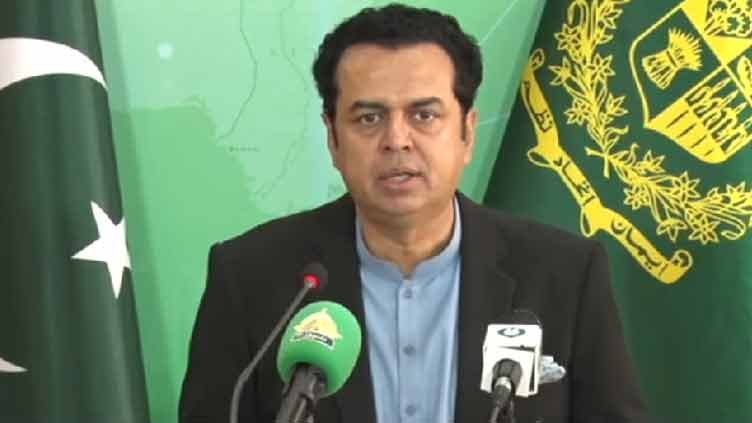ISLAMABAD: Pakistan has successfully launched its first hyperspectral satellite, HS-1, developed by the Space & Upper Atmosphere Research Commission (SUPARCO).
SUPARCO confirmed the successful launch, calling it a breakthrough in Pakistan’s technological and scientific advancement.
The HS-1 satellite, equipped with advanced hyperspectral imaging technology, can capture highly detailed images across hundreds of light bands. This capability will significantly enhance environmental monitoring, agricultural planning, and urban development in Pakistan.
SUPARCO Chairman Muhammad Yousaf Khan congratulated the nation on the achievement, describing it as a “historic step” in Pakistan’s space journey. He credited the Government of Pakistan’s continuous support for making the project possible.
“HS-1 will enable Pakistan to monitor crops, soil health, and water quality with unmatched precision,” Yousaf Khan said. “It will also help track deforestation, pollution, glacier melting, and natural hazards—particularly along major infrastructure routes like the China-Pakistan Economic Corridor (CPEC).”
Thanks to its hyperspectral imaging capabilities, the satellite can detect surface variations invisible to the human eye, making it a game-changer in resource management and environmental protection.
The launch also underscores the growing Pakistan-China collaboration in space technology, with HS-1 symbolizing another milestone in their expanding high-tech partnership. With this launch, Pakistan joins a select group of countries operating hyperspectral satellites for sustainable development.
HS-1 is the third satellite launched by Pakistan in 2025, following EO-1 in January and KS-1 in July—both of which are fully operational and contributing to earth observation and communication goals.
According to SUPARCO, HS-1 will enter its designated orbit later today, with in-orbit testing expected to last around two months before becoming fully operational. Experts say HS-1 not only enhances Pakistan’s space-based observation capabilities but also strengthens its contribution to global efforts on climate resilience and sustainable development.
Earlier, officials reported that Pakistani scientists and engineers were present at the launch site to oversee the mission. The successful deployment of HS-1 represents a key milestone in implementing Pakistan’s National Space Policy and Vision 2047, which aims to harness space technology for national progress, disaster management, and environmental sustainability.















